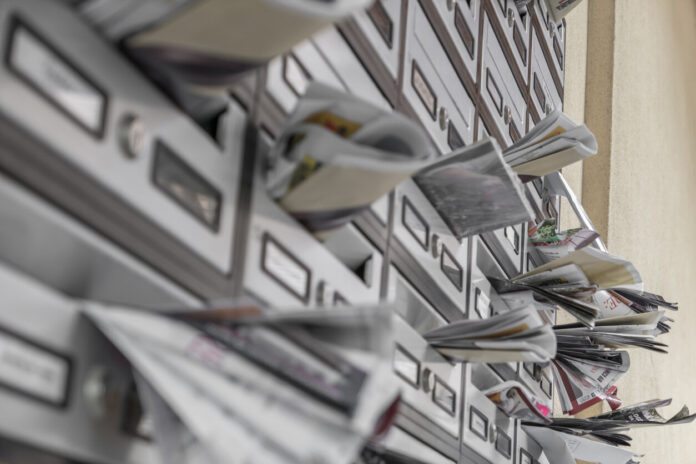With the arrival of “yes pub / no pub” labels, the gradual disappearance of leaflets is underway. These stickers, popularized by the Stop Pub collective, give consumers the ability to control the ads they receive. However, despite their usefulness, certain limits persist, pushing the Ministry of Ecological Transition to consider an imminent ban on the distribution of printed advertising, except for those who clearly show their wish to receive them. This development marks a significant change in the advertising landscape, favoring more targeted and environmentally friendly consumption. As a reminder, nearly 800,000 tons of paper per year are used to make advertising flyers. A huge amount that is wasted, since nearly 42% of printed matter immediately ends up in the trash.
Aware of the environmental impact and the waste generated by these practices, supermarkets have opted for more sustainable and digital alternatives, such as sending promotional offers by e-mail or setting up dedicated mobile applications. This initiative illustrates their commitment to responsible consumption that respects the environment, while meeting the expectations of consumers concerned about reducing their ecological footprint. Which supermarkets have already decided to no longer send flyers?
You may have noticed that many large food retailers have already stopped distributing paper prospectuses for some time, such as the Casino group, Monoprix and Franprix. The E. Leclerc group will stop distributing it from September 2023. However, one in three French people still do their shopping with the paper sesame in hand, according to a study conducted by the firm NielsenIQ.
Other retail groups are aiming to switch most of their catalogs to digital, but who are they?
Supermarkets are adopting digital alternatives to communicate with their customers, such as mobile applications, electronic newsletters or online promotions. This transition to more environmentally friendly communication methods is welcomed by many consumers and represents a significant step in the fight against the waste of natural resources. Carrefour aims to switch most of its catalogs to digital from 2024. Other large groups could follow suit such as Grand Frais, Lidl, Système U in the years to come. To be continued.

